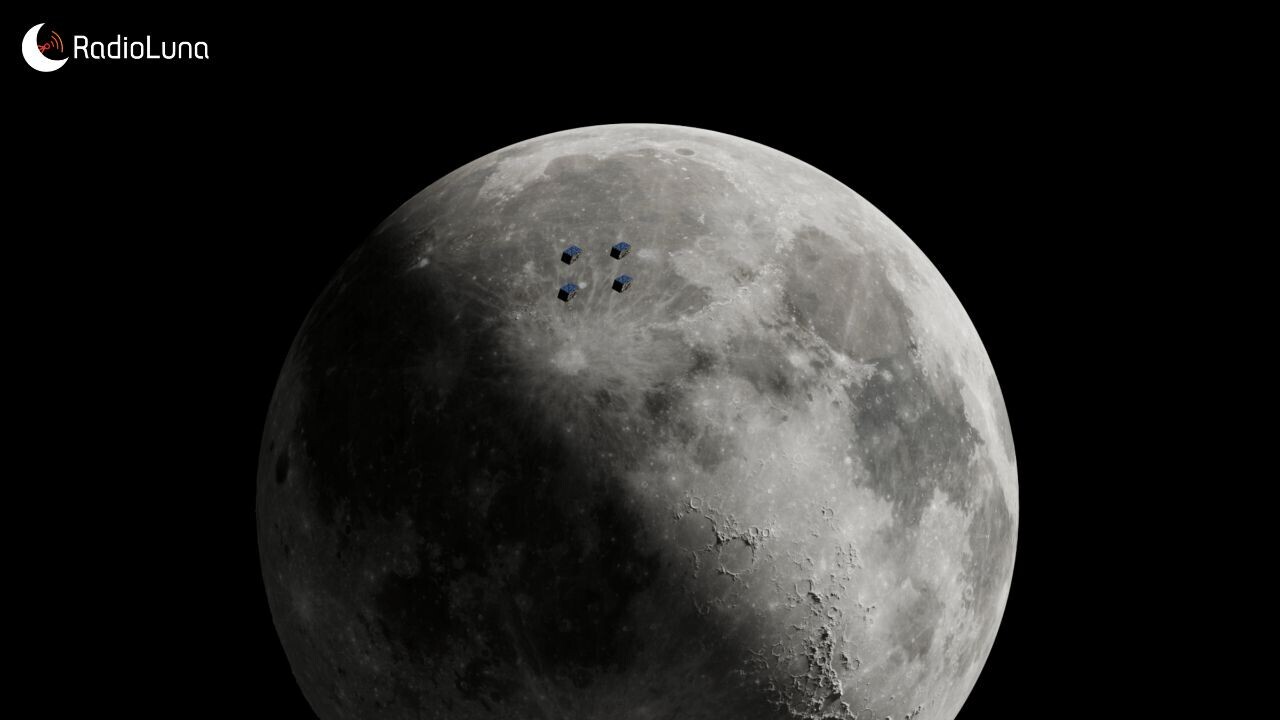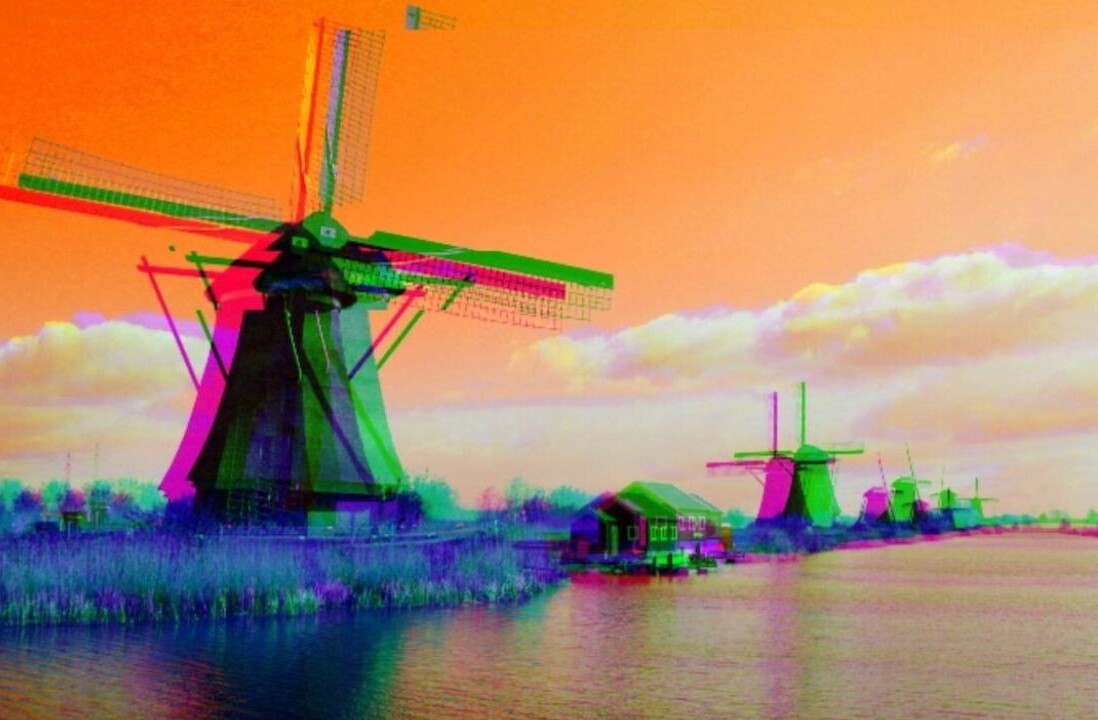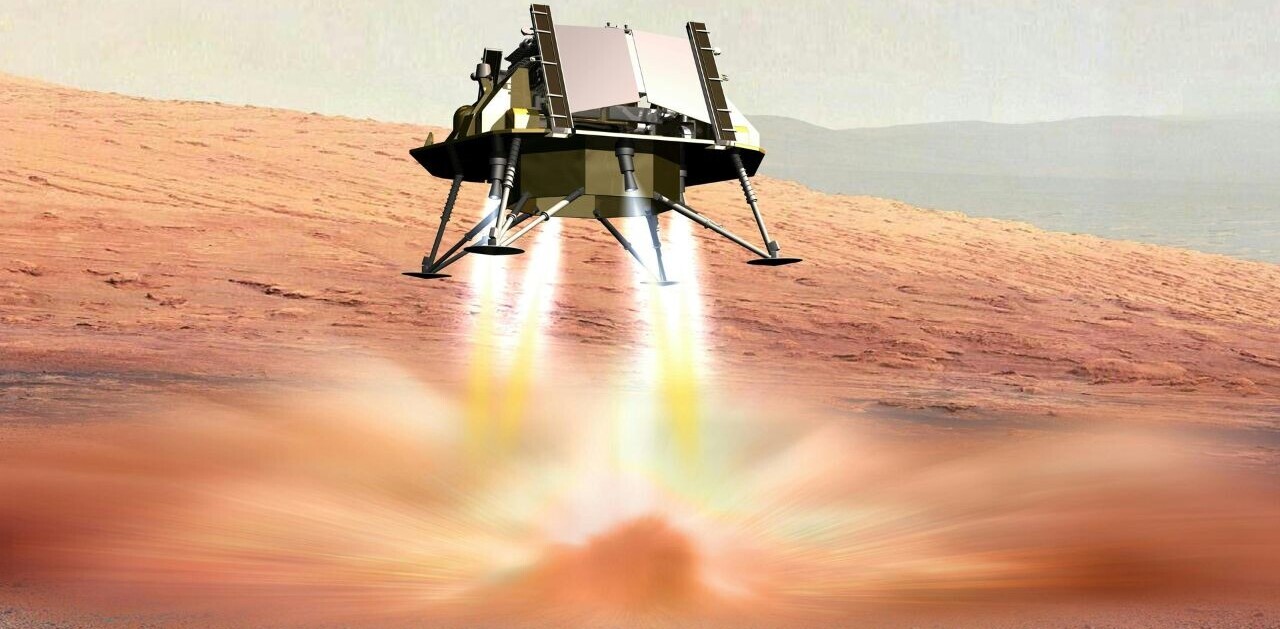
A UK startup wants to build a cosmic radio station in the Moon’s orbit to listen to radio waves from the early universe.
Blue Skies Space has secured a contract from the Italian Space Agency to design a fleet of tiny satellites that could orbit the Moon and listen for signals from the cosmic “dark ages.” That’s the time before the first stars lit up, when the universe was mainly a swirling mass of hydrogen gas.
Hydrogen atoms naturally emit radio waves at a very specific frequency: 1420MHz – known as the hydrogen line. When you stretch that signal across 13 billion years of cosmic expansion, it gets redshifted down into the FM radio band (about 88-108MHz).
These ancient radio signals are almost impossible to detect from Earth, thanks to all our radio chatter. But parking some satellites on the far side of the Moon – away from that interference –could help scientists cut through the noise and unravel clues from the early universe.
That’s what Blue Skies Space, the Italian Space Agency, and space contractor OHB Italia will investigate under the joint project, dubbed RadioLuna.
Blue Skies Space will study whether small, low-cost CubeSats — built from commercial, off-the-shelf parts — can survive and do real science while orbiting the Moon. OHB Italia will figure out how to build the spacecraft.
Mapping these signals could fill in the missing piece between the Big Bang and the first stars — showing how the universe evolved from smooth hydrogen fog to the cosmic web of galaxies we see today.
Dr Marcell Tessenyi, CEO and co-founder of Blue Skies Space, told TNW that if the idea proves feasible, it could result in a commercial service.
“Depending on the technical feasibility, the funding landscape, and the appropriate infrastructure, we anticipate being able to deliver such a system within five years of the end of the study,” he said.
RadioLuna isn’t the only project Blue Skies Space is working on. In October, the startup is set to launch its first satellite into orbit. The probe — Mauve — is a stargazing satellite that will gather data on stars in the visible and UV parts of the spectrum. Scientists and academics will then be able to access the data for a small membership fee.
Europe’s spacetech strategy is on the agenda for TNW Conference, which takes place on June 19-20 in Amsterdam. Tickets for the event are now on sale. Use the code TNWXMEDIA2025 at the check-out to get 30% off the price tag.
Get the TNW newsletter
Get the most important tech news in your inbox each week.




